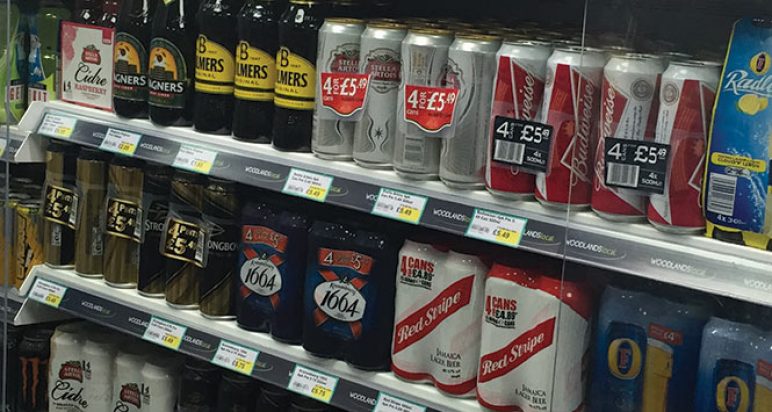The Scottish Government has been dealt a blow in its plans to reform alcohol legislation after the general principles of the Alcohol Bill could not find support from a majority of MSPs on the Health & Sport Committee. In a strong rejection, the Committee said: “A majority of the Committee is not persuaded that the Bill is an effective and workable package of measures to tackle alcohol misuse.”
The Committee said that while it recognised the aim of the bill is to promote public health and reduce alcohol related offending, the majority believed that the Scottish Government’s forthcoming alcohol strategy offers a more effective route to address these issues.
The Bill contains a number of key provisions:
- Minimum pricing for packages containing more than one alcohol product
- Alcoholic drinks containing high levels of caffeine
- Container marking in off-sales
- Community involvement in licensing decisions
- Restrictions on alcohol advertising
- Alcohol education policy statements
- Drinking banning orders
- Alcohol awareness training as an alternative to a fixed penalty fine
- The whole Committee does not support the provision in the Bill on age discrimination in off-sales.
A minority of the Committee believed that the Bill would introduce a series of useful additional tools and approaches to support the current alcohol policy regime that would further tackle alcohol misuse in Scotland.
Convener of the Committee Duncan McNeil MSP said: “There is no doubt that Scotland has an unhealthy relationship with alcohol and we should not be complacent about how we tackle the detrimental impact this has on people’s health and our wider society.
“This bill contains a wide range of measures – from restrictions on advertising alcohol to introducing drink banning orders. Having looked at all these in detail it was clear there were a wide variety of views expressed about the effectiveness of these proposals, which is reflected in the Committee’s report.”
SGF had given evidence directly to the Committee on the Bill and had argued strongly that the key provisions such as a national container marking scheme, banning alcohol and caffeine drinks and further restrictions on promotions were either unworkable or duplicated existing legislation.
SGF Head of public affairs John Lee commented: “We welcome the Committee’s report and are encouraged by the fact that they have listened to the evidence. If this bill was passed it would have become the sixth major piece of alcohol legislation to have been enacted since 2009. We need a simpler licensing system not more and more legislation”
Deputy Convener of the Committee Bob Doris MSP said that the Scottish Government has shown that they will legislate when needed in order to protect public health. However, he explained that during evidence, the Committee heard that some of the Bill’s proposals may not require legislation as voluntary schemes could achieve the same outcomes.
“We ask the Scottish Government to address the merits of all the proposals in the bill as part of their wider strategy on alcohol regardless of the progress of this bill.”
The Committee’s report also concluded that the Scottish Government give further consideration to the need to consolidate alcohol licensing legislation as part of its review of its alcohol strategy. The Committee notes the comments from witnesses regarding challenges presented by the current volume of legislation and regulation governing alcohol licensing.







